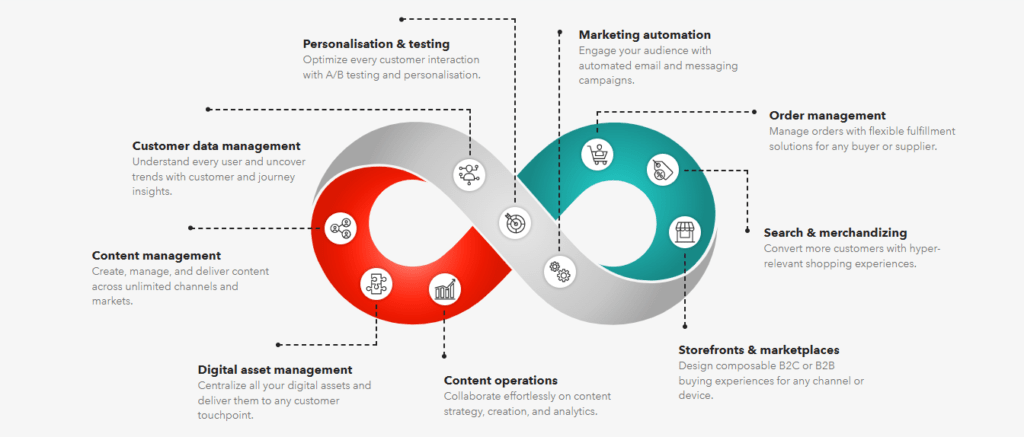Keep in mind that you shouldn’t see technical audits as something evil. They’re part of a proper implementation process, and without one, you might end up lost.
Also, technical audits are an excellent way for you to strike up a conversation with your Sitecore Partner and present a good starting point. A technical audit makes sure that your partner:
A good technical audit starts with listening. Our process begins with hearing from every stakeholder to understand what the issues are with the site and implementation. That way, we understand how to properly focus the technical audit on the areas that can move your needle, starting with an interview by Biztechnosys’s team which results in a document with the state of your current Sitecore implementation.
The overall process we follow for a technical audit is:
Biztechnosys takes a comprehensive approach to the audit, checking the following four areas:
We check over a hundred different elements that fall into the following five categories:
After we’ve completed the Sitecore Technical Audit, we include detailed action items for the development to start right away and improve your website. Also, we create management presentations that the C-suite can use to explain the current state of your implementation and the recommendations about what to do next.
All in all, if you suspect that your Sitecore implementation isn’t running optimally, an audit is the best and quickest way to improve your Sitecore Implementation.

We are your Strategic IT Partner in development of reliable and scalable IT solutions for any OS, browser and device. We bring together deep industry expertise and the latest IT advancements to deliver custom solutions and products that perfectly fit the needs and behavior of your target audience.
Skype :: biztechnosys
AUS :: +61 4684 88455
INDIA :: +91 77600 97778
Email :: info@biztechnosys.com
Copyright © 2012 – 2023 BIZTECHNOSYS. All Rights Reserved.